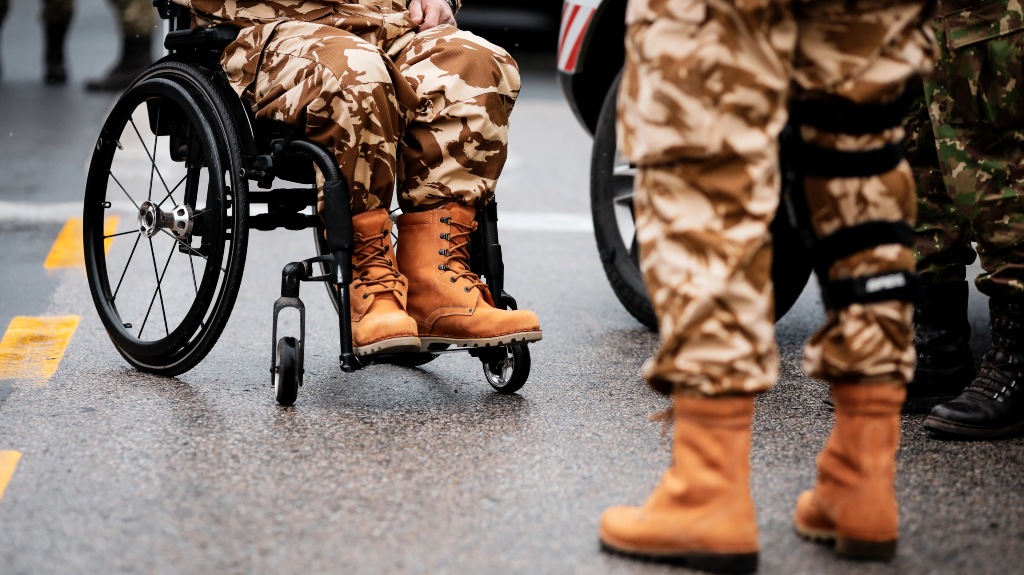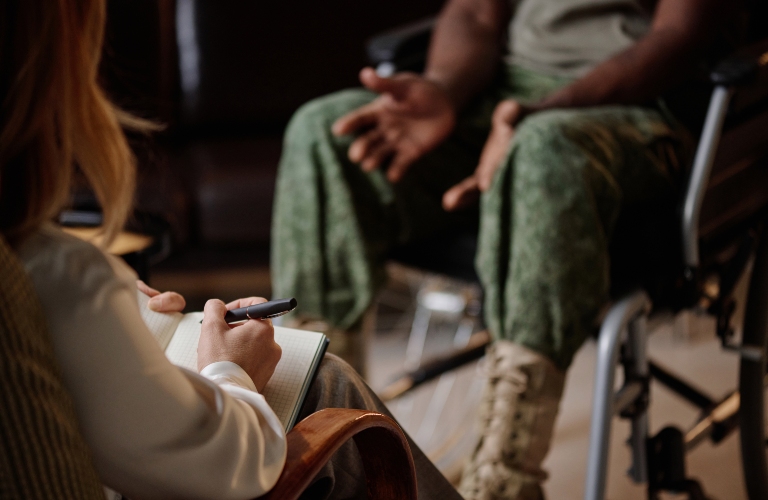
What to Do If the VA Says Your Condition Is Not Service-Connected
When a veteran develops a disabling medical condition, they may pursue disability benefits from the Department of Veterans Affairs, which can include monthly payments, medical care, and other financial assistance programs. However, some veterans may have their benefits claims denied because the VA determines they do not have a “service-connected” medical condition.
Understanding Service Connection
The VA offers various disability benefits to veterans with medical conditions that cause some form of disability or impairment. However, qualifying medical conditions must have a “service connection” for a veteran to receive VA disability benefits. The VA only provides benefits when a veteran develops a disability due to their military service, not just because a veteran develops a disability.
A veteran may have a medical condition that qualifies as service-connected if the veteran and their condition meet several criteria. First, a veteran must have a current illness or injury that affects their mind or body. The veteran must have served on active duty, active duty for training, or inactive duty training. Finally, the veteran must meet at least one of the following criteria:
- The veteran suffered an injury or illness while serving in the military and can link that injury or illness to their current medical condition
- The veteran had a pre-service injury or illness and their military service made it worse
- The veteran has a medical condition related to their active duty service that did not manifest until the veteran’s military service ended
The VA presumes that some medical conditions have a service connection; thus, veterans only need to meet the military service requirements to qualify for VA disability benefits. These conditions include:
- A chronic illness that manifests within one year after the veteran’s discharge from the military
- An illness caused by exposure to toxic chemicals or other hazardous materials
- An illness caused by the veteran’s time spent as a prisoner of war
Common Reasons for VA Denials
Some of the most frequent reasons why the VA denies disability claims for lack of a service connection include:
- Insufficient evidence the veteran experienced an in-service event that could have caused their claimed medical condition(s)
- The medical evidence indicates that the veteran’s medical condition was pre-existing (developed/occurred before military service) and has no medical connection to their military service
- Lack of a clear medical nexus between the veteran’s condition and their military service
Steps to Take After a Denial

A veteran who receives a denial notice for their VA disability claim asserting that the veteran’s medical condition lacks a service connection may have options for continuing to pursue VA disability benefits. Steps veterans should take include:
- Review the denial letter: A veteran should review the VA’s denial notice to understand why the department considers the veteran’s medical condition not service-connected.
- Gather supplemental evidence: Veterans can gather additional evidence to strengthen the link between their medical condition and military service, such as service records, medical documentation, and buddy statements to corroborate in-service events or claimed symptoms.
- Obtain opinion letters from medical experts: Medical professionals can draft nexus letters to provide expert opinions on how the veteran’s military service caused or aggravated their medical condition.
Veterans who have their disability benefits claims denied can file an administrative appeal with the VA to challenge the denial. The appeals process in the VA involves several steps:
- Supplemental claim: A veteran can file a supplemental claim to submit additional evidence the VA did not consider during its initial review of the disability claim.
- Higher-level review: Veterans can ask a senior claims reviewer to review the veteran’s disability claim; veterans cannot submit additional evidence when requesting higher-level review:
- Board review: A veteran can appeal an adverse initial decision or decision following a supplemental claim or higher-level review to the Board of Veterans’ Appeals to have a Veterans Law Judge review the claim.
Contact a VA Disability Benefits Lawyer
When the VA denies your disability benefits claim because the department has determined that your disability lacks a “service connection,” you need experienced legal counsel to help you understand and pursue your legal options. Contact Veterans Benefits Law Group today for a free, no-obligation consultation with our legal team to learn how our firm will fight to help you get the disability benefits you need and deserve.
Share This Story
Interested in this topic? Your friends might be too! Consider sharing this story to your social media channels and look like a smart, sophisticated resource of information.

